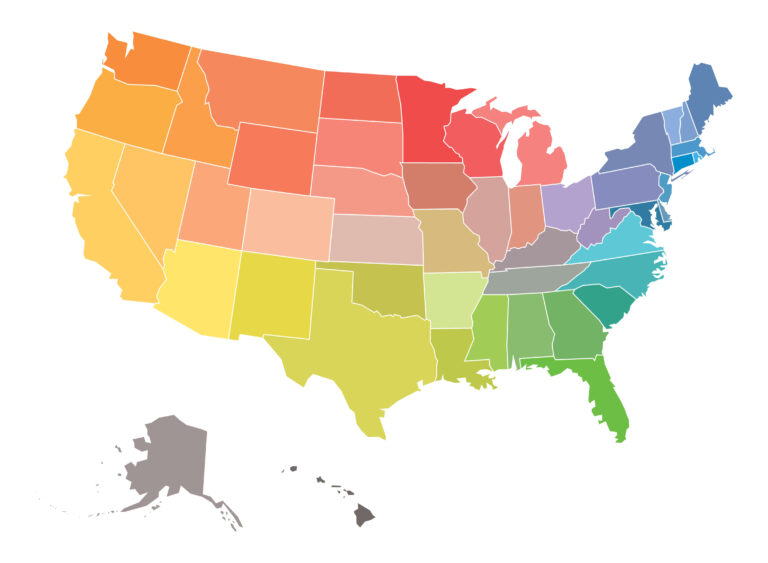Autism Parenting Books: 10 Must-Reads for 2025
Disclosure: This post contains Amazon affiliate links, which means I may earn a small commission at no extra cost to you.

Table of Contents
Autism parenting comes with challenges that can feel overwhelming, especially in the early years when meltdowns, communication struggles, or uncertainty about the future are at their peak. Books and audiobooks have been my lifeline in those moments—guides that offered not just strategies but also reassurance that my family wasn’t alone.
One of the first books that truly changed the way I parented is The Explosive Child by Dr. Ross Greene, which I’ve included in the list below. My husband and I still call it our autism parenting bible, because when my son Luca was just five and experiencing daily meltdowns, this book gave us a way forward. That experience showed me the power of the right book at the right time.
In this post, I’ve gathered 10 must-read books for autism parenting in 2025, grouped into three categories, that continue to inspire, equip, and support families on their journey.
Autism Parenting Strategies & Practical Guides

1. The Explosive Child – Dr. Ross Greene ⭐
This classic autism parenting book helps families understand why some kids struggle with flexibility and frustration. Dr. Greene offers practical strategies for reducing meltdowns through collaboration, not punishment—something parents of autistic children often find life-changing.
✔️ Why I Recommend It: It truly reshaped how we respond to challenges with empathy instead of battles.

2. More Than Words – Fern Sussman
A practical guide for helping young children with social communication challenges, full of strategies families can use at home. It turns therapy principles into everyday routines.
✔️ Why I Recommend It: I loved how approachable this book felt. Instead of overwhelming therapy terms, it gave me things I could try right away at home. It made me feel empowered, not dependent on waiting for the next therapy session. Using the approaches from this book while introducing PECS can work wonders. I’ve also written about some of the best communication tools for nonverbal children, including PECS, AAC apps, and free resources you can start using right away.

3. Ten Things Every Child with Autism Wishes You Knew – Ellen Notbohm
Simple, heartfelt, and easy to read, this book gives parents a peek into what their child might want to say if they could.
✔️ Why I Recommend It: This was one of the most comforting books I read early on. When I was still grieving the diagnosis and filled with questions, it felt like my son was speaking directly to me. It reminded me to see Luca’s perspective and not just my fears.

4. An Early Start for Your Child with Autism – Sally Rogers, Geraldine Dawson, Laurie Vismara
Based on the well-researched Early Start Denver Model, this book gives parents hands-on activities to support toddlers and preschoolers.
✔️ Why I Recommend It: I wish I had this book in my hands the week we first got the diagnosis. It gave me practical things to do during those early, overwhelming years of autism parenting. It helped me feel like I wasn’t just waiting for professionals to tell me what to do—I could actually take action.
Understanding Autism & Neurodiversity

5. NeuroTribes: The Legacy of Autism and the Future of Neurodiversity – Steve Silberman
A sweeping history of autism, this book explores how society has misunderstood autistic people and why acceptance matters.
✔️ Why I Recommend It: This book shifted my perspective from fear to acceptance. It helped me understand that autism isn’t just a challenge to manage, but a part of a bigger story of neurodiversity. It made me proud of Luca’s uniqueness instead of wishing it away.

6. Uniquely Human: A Different Way of Seeing Autism – Dr. Barry Prizant
Instead of focusing on “fixing” autism, Dr. Prizant encourages understanding and compassion.
✔️ Why I Recommend It: This book gave me so much relief. I was exhausted from constantly thinking about “fixing” behaviors. Uniquely Human reminded me that behaviors are communication, and once I leaned into that, autism parenting became far less stressful.

7. Is This Autism? A Guide for Clinicians and Everyone Else – Donna Henderson
Written by leading clinicians, this book helps people recognize how autism can look very different—especially in girls, women, and those often overlooked.
✔️ Why I Recommend It: Even though my son is a boy, this book opened my eyes to how much autism can be missed in kids who don’t “fit the mold.” It reminded me to keep advocating and not let stereotypes limit how I understand or support Luca.
Autistic Voices & Lived Experience

8. Untypical – Pete Wharmby
An autistic author shares insights on the challenges autistic people face in everyday life.
✔️ Why I Recommend It: Reading Pete Wharmby’s perspective gave me empathy in a way no professional book could. It helped me imagine what everyday situations might feel like for Luca—things I’d never even thought twice about.

9. Unmasking Autism – Devon Price, PhD
This book dives into the idea of “masking”—when autistic people hide their true selves to fit in.
✔️ Why I Recommend It: This book helped me understand what it means for autistic kids to suppress their true selves just to blend in. It made me more aware of creating safe spaces for Luca where he doesn’t have to hide who he is.

10. Sincerely, Your Autistic Child – Emily Paige Ballou (editor)
A collection of essays from autistic adults sharing their lived experiences.
✔️ Why I Recommend It: This book humbled me. It reminded me that autistic kids grow up to become autistic adults, and their voices matter most. It’s a must-read if you want to understand how your child might see the world—not just now, but in the future.
Autistic Perspectives & Debates

The Reason I Jump – Naoki Higashida
Written by a nonspeaking autistic teenager in Japan, this memoir offers a window into his inner world—his thoughts, emotions, and reasons behind behaviors that often puzzle parents. The book became an international bestseller and has inspired many families to see autism in a new light.
✔️ Why It’s Controversial:
The book’s origins are tied to Facilitated Communication (FC), a method where a facilitator supports a nonspeaking person’s hand while typing. FC has been scientifically discredited for decades, with evidence showing that it is often the facilitator—not the autistic person—producing the words. Because of this, critics argue that The Reason I Jump may not represent Naoki’s authentic voice. Similar cases, such as Carly Fleischmann’s story, fueled skepticism when videos revealed facilitators guiding or influencing the typing. Some believe Naoki’s writings may reflect more of his mother’s imagination than his own lived experience.
Still, the book remains influential and moving for many families—partly because it fills a deep longing to understand what their nonspeaking children might be thinking. Whether you view it as inspirational or problematic, it’s important to read it with awareness of the controversy surrounding FC and the need to prioritize authentic autistic voices.
Final Thoughts
Every autism parenting journey is unique, but none of us are alone. These books don’t offer “quick fixes”—instead, they provide tools, understanding, and perspectives that help us meet our children where they are. For me, The Explosive Child became the foundation of how I approach challenges with Luca, and many of the other books on this list have helped me grow as both a parent and advocate.
My hope is that at least one of these books becomes the guide you need at just the right time. After all, the best autism parenting resource is the one that gives you strength, hope, and practical ways to connect with your child. By building a library of autism parenting strategies, inspiration, and lived experiences, we remind ourselves that while the journey is hard, we are never alone.





